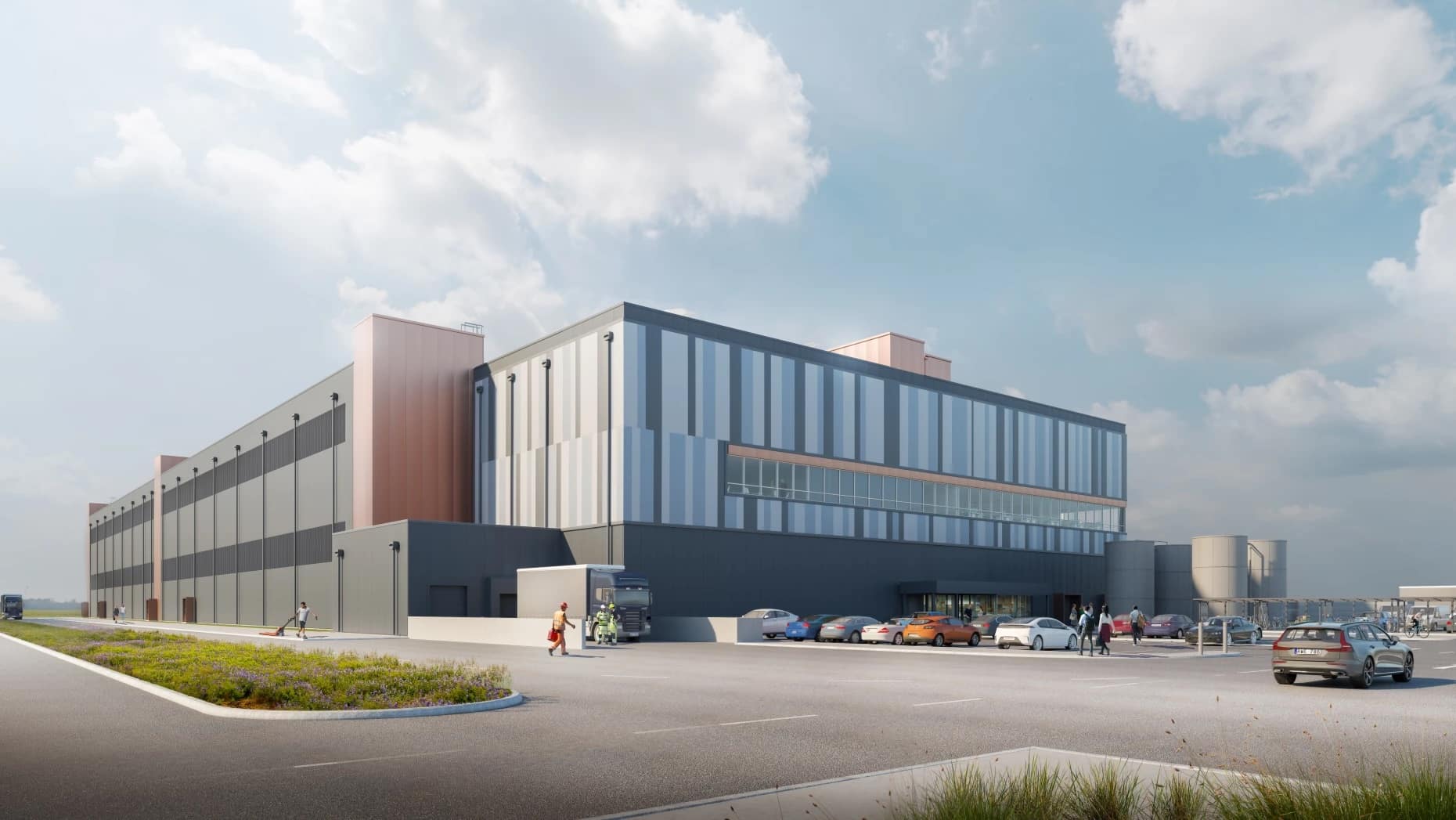Amazon Web Services (AWS) has announced for the first time the figures for its global Power Usage Effectiveness (PUEThe Power Usage Effectiveness (PUE) index measures…) reaching an average of 1.15 in its data centers in 2023. This announcement was made during the AWS Re:Invent 2024 conference, where the company also presented new technologies and strategies to further reduce its environmental impact.
A Standard of Efficiency in the Industry
The PUE, a key indicator in the data center industry, measures the energy efficiency of a facility by comparing the total energy consumed to the energy used specifically to power the servers. A PUE of 1.0 represents perfect efficiency. AWS’s best data centerA data center or data processing center (DPC) … in 2023 achieved an impressive PUE of 1.04, standing out as one of the most efficient in the world.
AWS also announced that improvements in the electrical and mechanical designs of its facilities, along with direct liquid cooling systems and optimization of rack positioning, will reduce the average PUE to 1.08 in new data centers starting in 2025. Some of these technologies are already being implemented in existing facilities.
In comparison, other tech giants have notable but slightly higher figures. Google reports a global average of 1.1, with its best facility achieving a PUE of 1.06. Meta and Microsoft maintain global averages of 1.08 and 1.18, respectively. Oracle, on the other hand, reports a PUE “as low as” 1.15.
Commitment to Sustainability
In addition to energy efficiency, AWS is working on reducing its environmental footprint by using more sustainable materials, such as lower carbon concrete and a reduction in the use of steel in the construction of its data centers. These initiatives are part of Amazon’s broader commitment to align all its operations with renewable energy.
In this regard, AWS has launched a pilot project in collaboration with the startup Orbital Materials to test carbon removal methods in its facilities. Orbital Materials has developed, using artificial intelligence, a substance capable of filtering carbon more efficiently in data centers.
Controversies Over Renewable Energy Use
Despite its efforts, Amazon has faced internal criticism regarding the transparency of its renewable energy use. Although the company claims that all its operations, including data centers, are backed by renewable energy, the group Amazon Employees for Climate Justice (AECJ) argues that only 22% of the energy used by Amazon’s data centers actually comes from renewable sources. These allegations have sparked debates over the need for greater clarity in the company’s sustainability reports.
The Future of AWS and the Data Center Industry
With these initiatives, AWS aims to not only lead in energy efficiency but also to set a standard for sustainability in the tech industry. As global demand for cloud services continues to grow, technology companies are under pressure to balance their expansion with more sustainable practices.
AWS’s commitment to innovation in energy efficiency and its focus on sustainability reflect an important step toward a greener future for the data center industry. However, market expectations and internal criticisms underscore the importance of ongoing transparency and tangible progress toward its environmental goals.
via: DC

